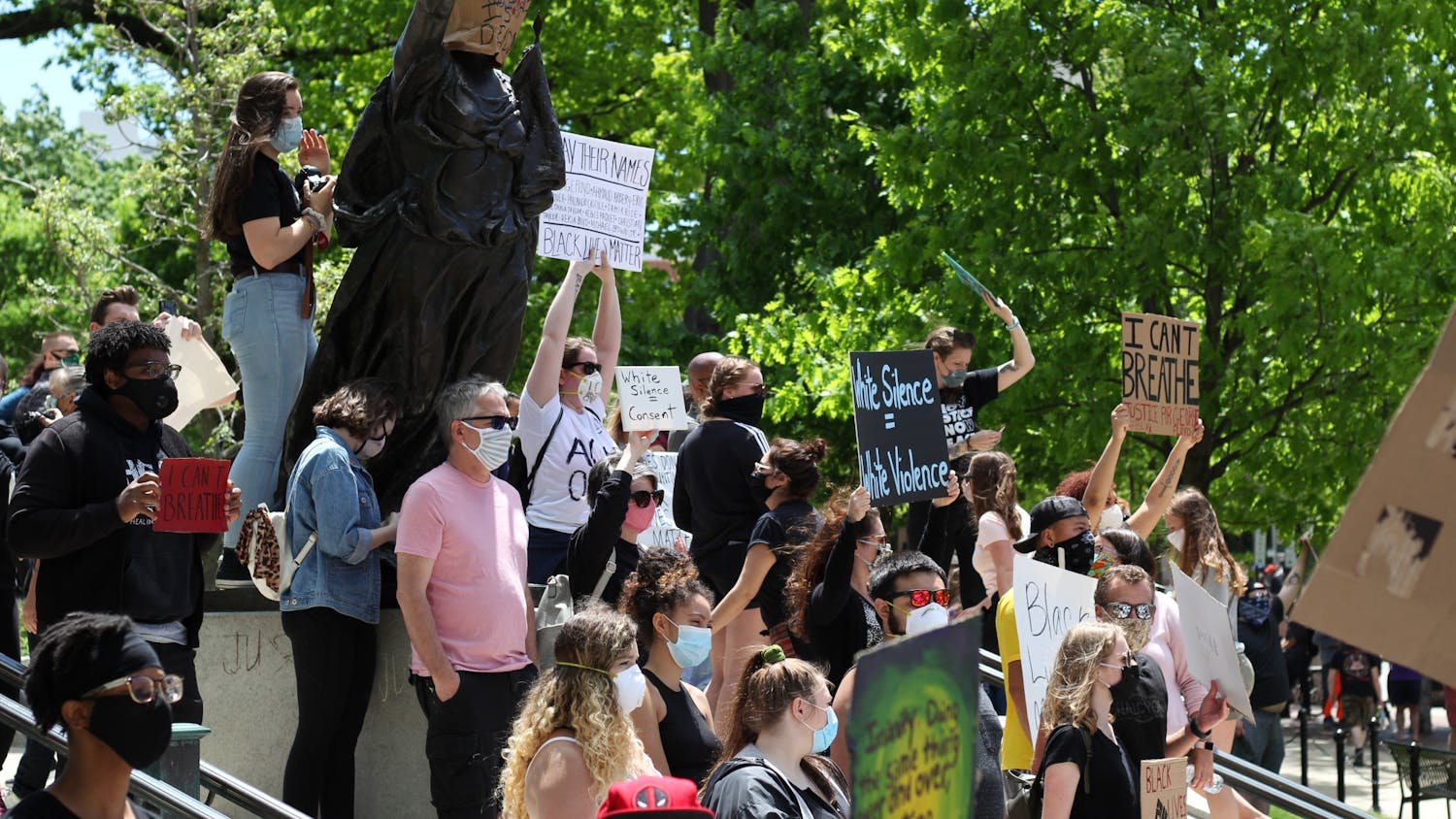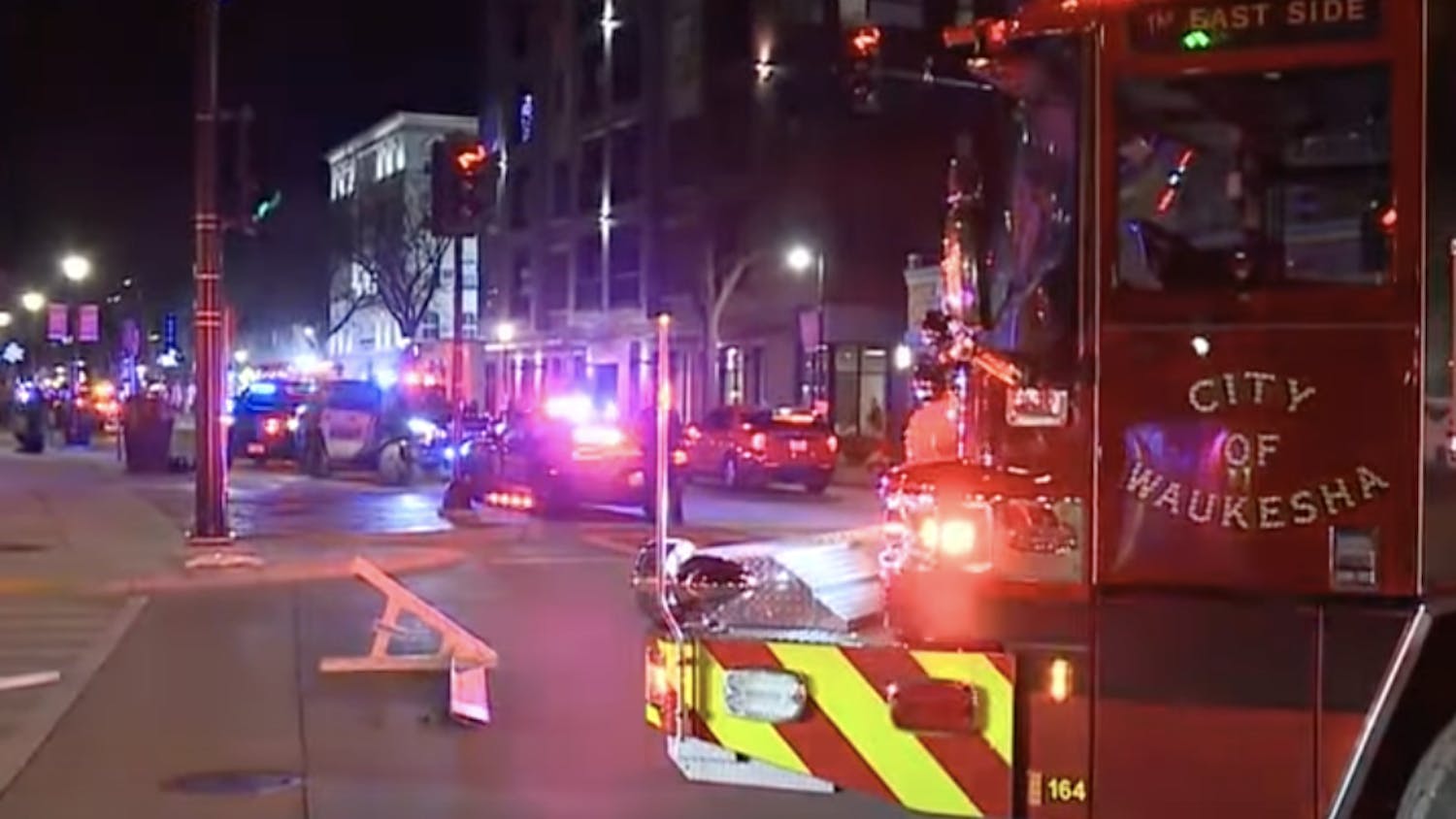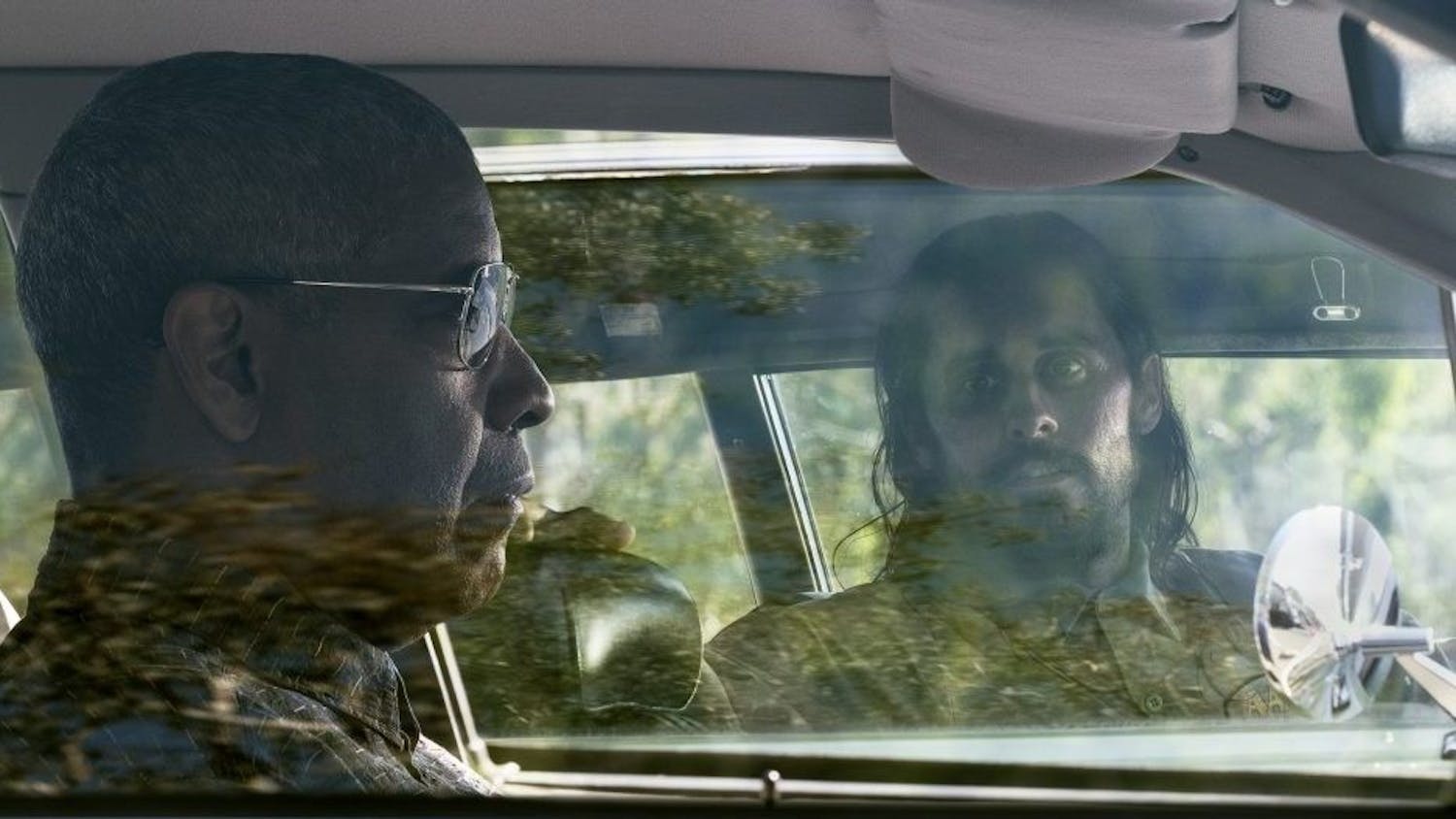Gov. Tony Evers rejected a series of Republican-backed bills Friday intended to increase criminal punishments and fund the expansion of more state prisons.
Evers vetoed four pieces of legislation in the “Tougher on Crime” bill package, which Republicans introduced earlier in January and passed along party-lines.
“I will not move Wisconsin in the wrong direction on criminal justice reform and public safety,” Evers wrote in one of his four veto messages.
As Republicans claimed the bill package would deter crime, Democrats — including the governor who promised to reduce the prison population in half — asserted the legislation would increase incarcerations in Wisconsin while being too costly at the same time.
“Republicans in the Legislature took the issue of crime in our communities seriously when we passed a number of tougher-on-crime-bills,” Senate Majority Leader Scott Fitzgerald, R-Juneau, said in a press release. “Unfortunately, Governor Evers did not share the same concern for the safety of Wisconsinites and vetoed many of our measures today.”
The costliest bill would have required the Department of Corrections to recommend revoking the probation, extended supervision and parole privileges of offenders and place them back in prison if new charges arose against them.
The DOC estimated around 4,700 individuals would be sent back to prison per year, and it would require Wisconsin to construct two new prisons and cost the state $55 million in its first year and $156 million annually afterwards, according to Wisconsin Public Radio.
“Leaders at the federal level and in states like Pennsylvania, Mississippi, and Texas have been able to enact meaningful and bipartisan criminal justice reform through policies that focus on rehabilitation and reduce incarceration, particularly the over-incarceration of poor people and people of color, Evers wrote in his veto message. “A massive and costly expansion of our prison system would take Wisconsin down the wrong path.”
Another vetoed measure would have expanded the number of crimes juveniles could be incarcerated for. The proposed bill countered a bi-partisan effort to close the Lincoln Hills and Copper Lake youth prisons — both of which faced past accusations of mistreatment.
“As I have said, what’s best for our kids is what’s best for our state, and it is vital that our efforts in reforming our criminal justice system recognize that our kids are worth much more than the worst decision they ever made,” Evers said in his veto message.
A third vetoed bill aimed to restrict violent crime offenders — including homicide and aggravated battery — from receiving early probation or participating in early release programs.
The last bill Evers vetoed prohibited prosecutors from altering or dismissing illegal firearm charges on previously convicted offenders.
The bill package came on the heels of Republican cries related to carjacking and reckless driving concerns and in the wake of a mass shooting at the Molson Coors brewery in Milwaukee.
But Democrats said criminal activity — specifically in Milwaukee — declined, according to The Gazette.
“Governor Evers refuses to hold criminals accountable to please his liberal ‘let them out of jail’ backers,” Assembly Speaker Robin Vos said in a statement. “His actions today clearly show how far left he is compared to the general public who want to live in safe neighborhoods.”
Evers also approved two pieces of legislation related to criminal justice. One bill would increase the prison sentence for drunk drivers who committed their fifth and sixth offenses from six to at least 18 months.
Evers also signed Senate Bill 50, which does not stipulate law enforcement to use body cameras, but to keep their footage for at least four months if it shows an “arrest, police questioning or use of force by an office,” according to The Gazette.
All the vetoes could be overridden if the legislature meets for an override session in May.






